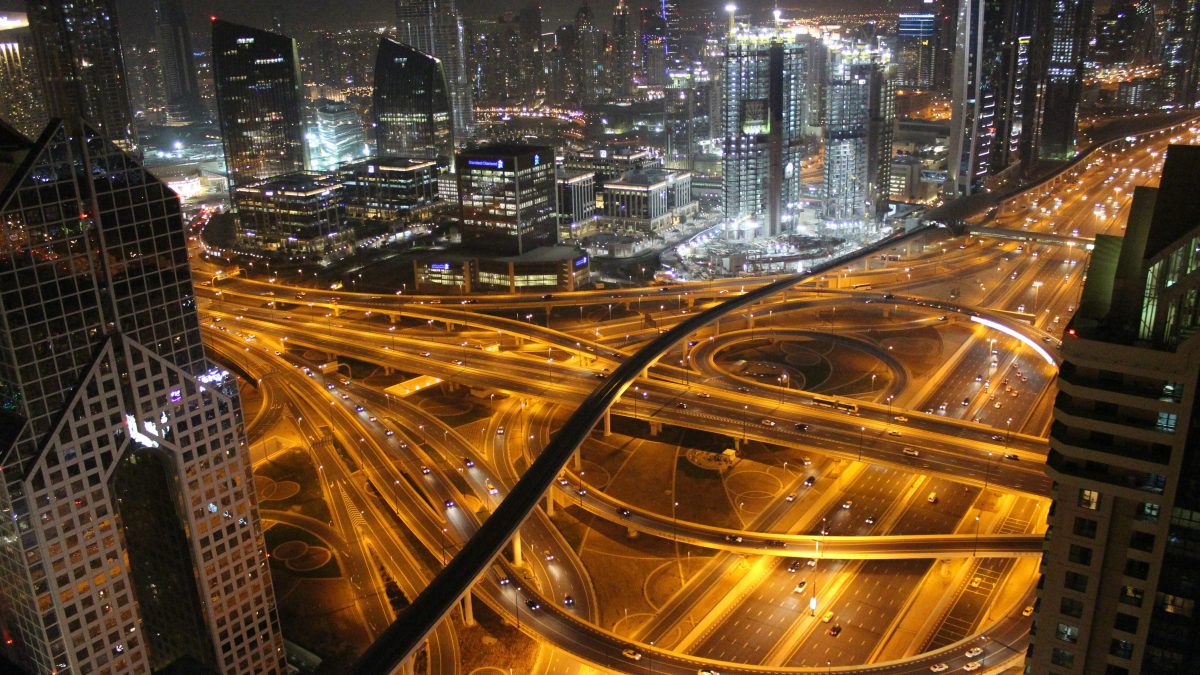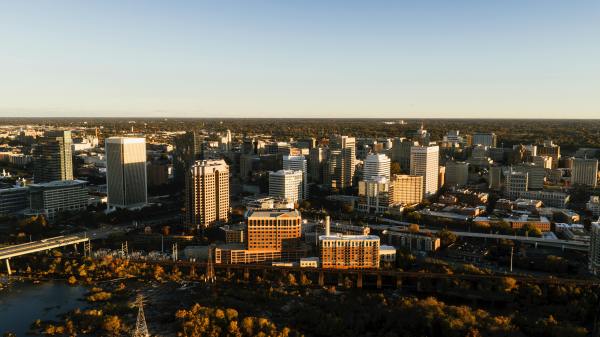Aware that the future of urban life is digital, efficient and sustainable, here are eight current and innovative trends that are transforming the present and future of smart cities around the world.
Climate-smart cities
The fight against climate change has found a great ally in smart cities. Zaragoza, Spain, is a clear example: with a major investment announced, it aims to be climate neutral by 2030, using advanced sensors to reduce emissions and optimise urban energy consumption. Melbourne, Australia, is following similar steps with an advanced network of climate sensors that allow automatic adjustments to reduce the energy consumption of its public buildings by up to 40%.
Integrated autonomous mobility
Barcelona, a pioneer in Europe, has created specific areas to test autonomous vehicles and drones under flexible regulations. This turns the city into a large urban laboratory in which Telefónica participates through technological infrastructures that facilitate connectivity and data management. The results are clear: smoother and safer mobility experiences, with projections to reduce road accidents by up to 30% by 2030.
Urban digital twins and the role of 5G
Cities such as Dubai, London and Singapore are advancing rapidly thanks to the development of urban digital twins: virtual replicas that enable critical infrastructure to be managed predictively. The results speak for themselves: Singapore has managed to reduce emergency response times in urban areas by 25% through real-time simulations. Telefónica, a leader in 5G networks, can contribute to developing this trend by enabling the real-time transmission of millions of data points.
Smart energy communities
In Europe, the recent RD-Law 7/2025 in Spain has promoted the creation of energy communities with smart storage, increasing shared self-consumption of clean energy. These communities can achieve collective energy savings of over 30%, showing great potential for transforming the energy model in cities.
Challenges in digital inclusion
It’s not all about technology. Various studies warn of the risk of digital exclusion in Smart Cities. For example, recent research in South Africa indicates that, without inclusion policies, smart cities could deepen social inequality.
Artificial intelligence in urban tourism
Artificial intelligence is being integrated into urban tourism to sustainably manage tourist flows and improve the visitor experience. Granada, for example, has begun to use AI-based systems to optimise tourist routes in real time, reducing tourist congestion in key heritage areas by up to 20%.
Efficiency in public transport
The 16th European Intelligent Transport Congress, held in Seville in May 2025, emphasised intermodal and automated systems. Projections indicate that implementing technological solutions could reduce emissions from public transport in large European cities by up to 35%, while simultaneously increasing operational efficiency and improving the user experience.
Innovative governance: Urban sandboxes
Barcelona and other cities have begun to explore flexible regulations known as ‘urban sandboxes’, spaces where companies and governments can test innovations without the usual restrictions. This approach allows new technologies, from drones to smart furniture, to be tested quickly, significantly reducing the implementation time for innovative urban solutions.
The future of our cities lies in smart, digital and sustainable management. This path requires commitment, collaboration and innovation. We are all invited to work together to make Smart Cities a reality that benefits everyone.







